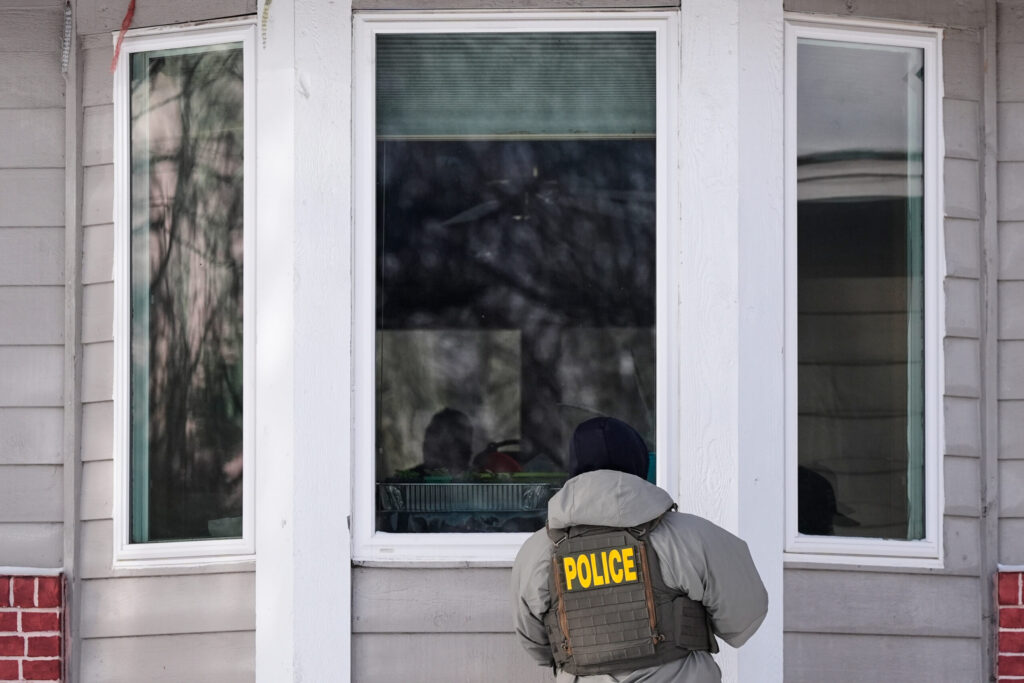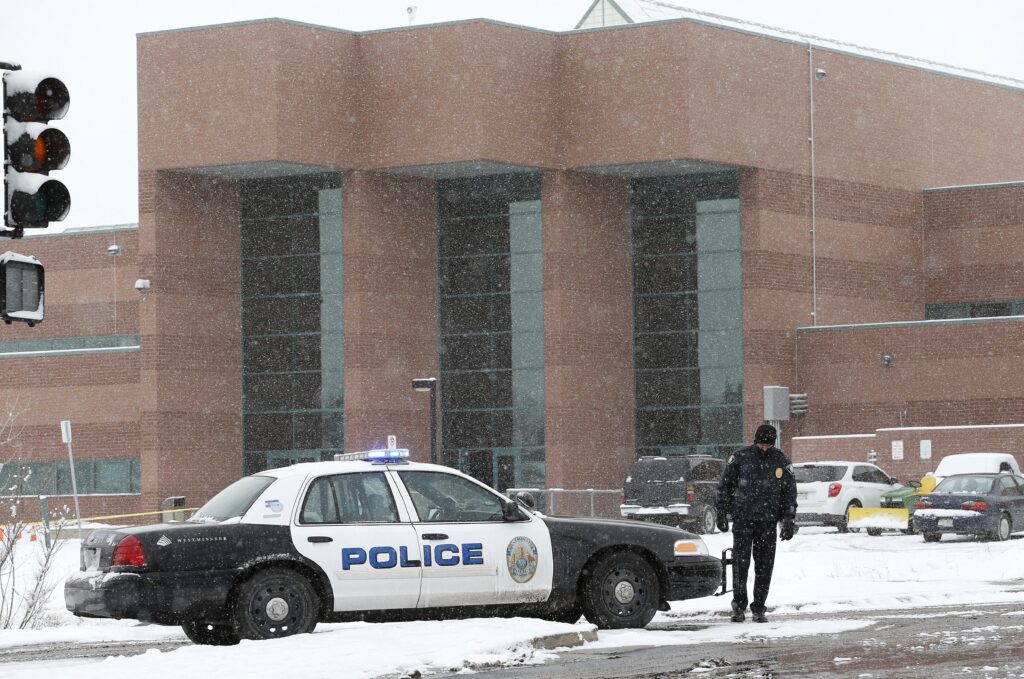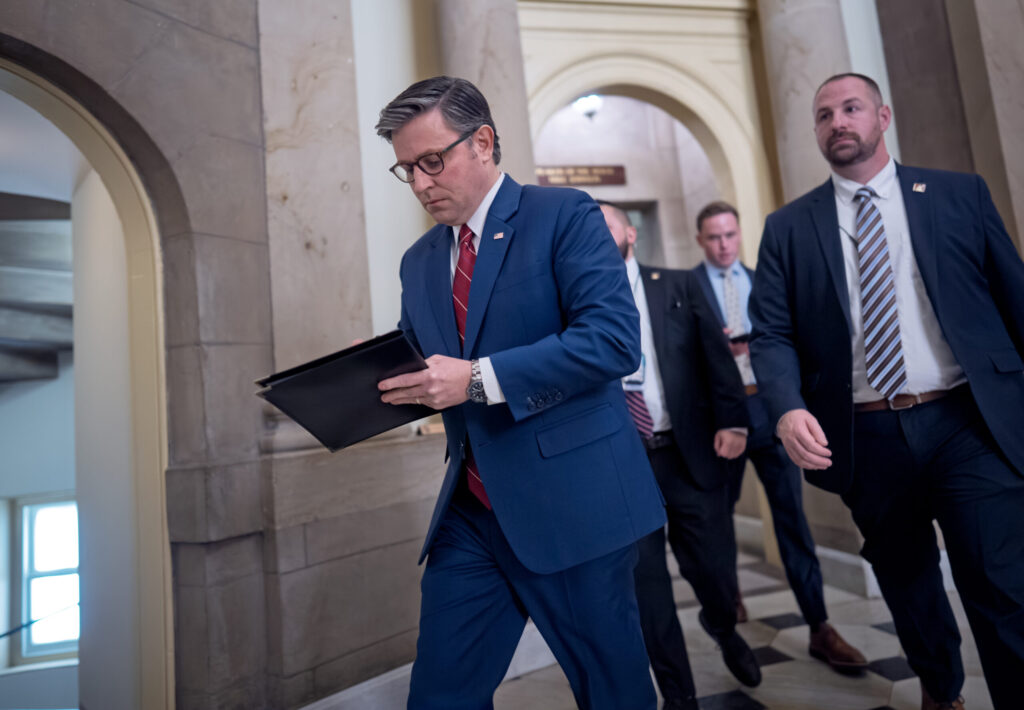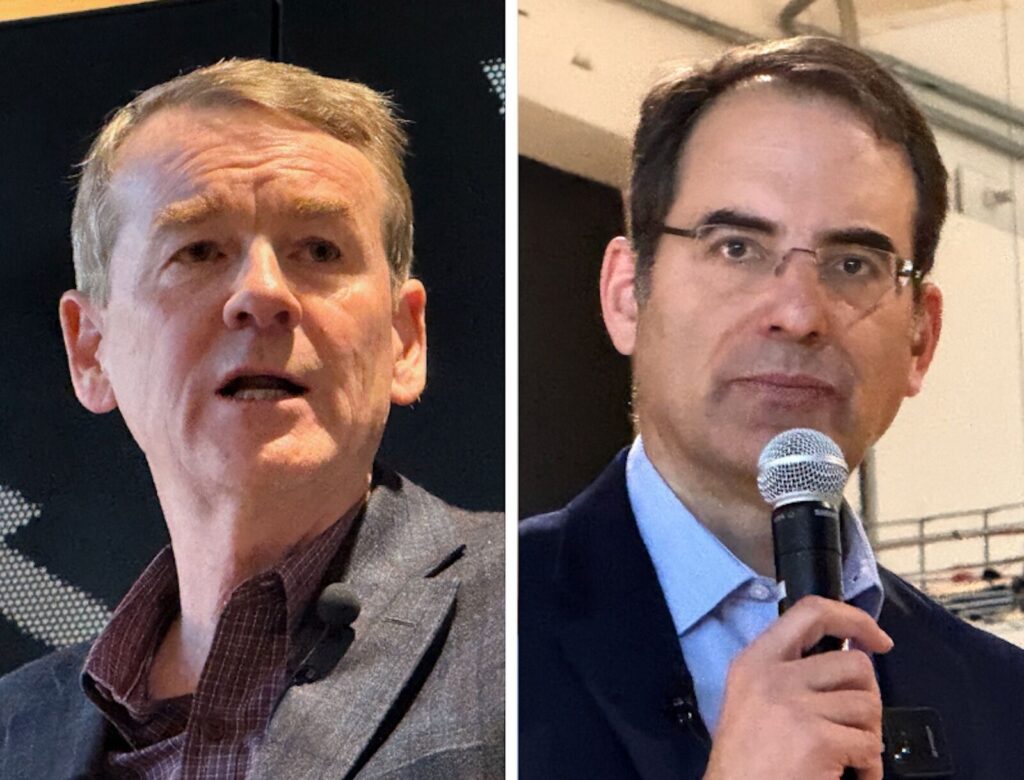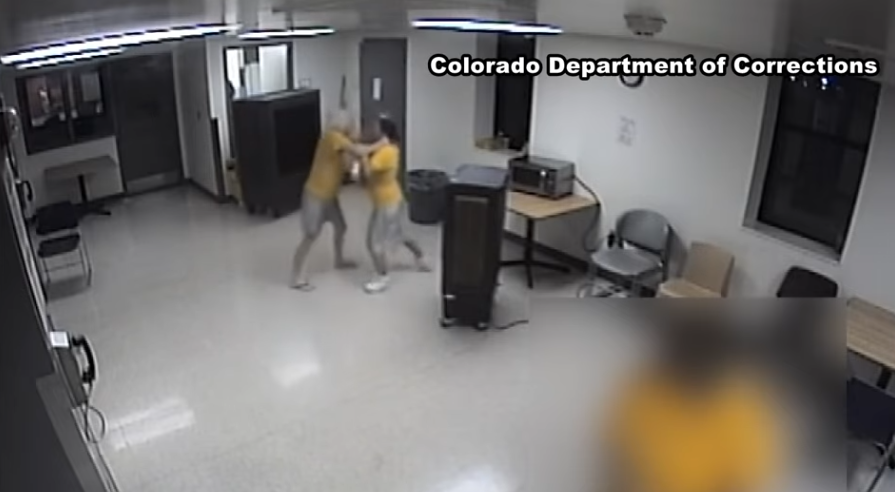? Colorado congressmen question safety of NASA’s partnership with SpaceX
Three Colorado congressmen want greater government oversight of the NASA contractors who launch rockets at a time the space agency is trying to turn more of its operations over to private industry.
Another launch by a private company took place last week to resupply the International Space Station.
Although the flight from Wallops Island in Virginia was free of problems, other flights by NASA contractors SpaceX and Orbital Sciences were not so lucky.
The explosions that destroyed rockets in each of the past three years prompted Rep. Mike Coffman (R-Aurora) to write a letter to NASA’s administrator that raises questions about government use of the SpaceX Falcon 9 rocket, like the one that exploded Sept. 1 during a test.
The explosion, along with a June 2015 launch disaster, took place on a launch pad after the Air Force certified the Falcon 9 rockets as safe. No one was injured.
Orbital Sciences Corp. suffered a different explosion in October 2014 with its Antares rocket, which also had been certified as safe.
“The certification, designed to subject the Falcon 9’s design and manufacturing processes to a review of their technical and manufacturing rigor, appears to have fallen short of ensuring reliable assured U.S. access to space for our most important payloads,” Coffman’s letter says.
The letter was signed by Rep. Doug Lamborn (R-Colorado Springs.), Rep. Scott Tipton (R-Cortez) and seven other members of Congress. Copies also were sent to the heads of the Air Force and the Federal Aviation Administration.
NASA officials say private contractors offer huge cost savings and expanded space exploration capabilities. Their budget has been cut by Congress gradually over the past 20 years.
Tipton does not oppose commercial space enterprises, said Liz Payne, his spokeswoman. He merely wants greater assurance NASA is making the right choices for private contractors.
“Obviously commercial space access is relatively new,” she told The Colorado Statesman.
“If you look at SpaceX, their failure rate is pretty high,” she said. “It’s important to see who’s getting the contracts.”
She described commercial space travel as an “innovative industry” that is changing and adapting quickly.
“There definitely needs to be congressional oversight of the process,” Payne said.
The letter written by Coffman warned of a potential “disaster” unless the safety problems are resolved.
“Two catastrophic failures of Space Exploration Technologies Corporation (SpaceX) Falcon 9 rockets in just 14 months compel us to once again voice concern about our nation’s assured access to space,” the letter says. “While the cost of the payloads lost in the explosions is troubling – $118 [million] of National Aeronautics and Space Administration (NASA) cargo destined for the International Space Station and a $195 [million] AMOS-6 communications satellite – the more troubling issue is what these failures mean for crewed commercial space flight and national security space launch.”
Coffman wrote the letter only days before NASA announced plans for a new partnership that will allow private companies to dock their own space modules to the International Space Station.
NASA put out a request to private industry to explain how they would use a docking port if it becomes available to them. NASA officials are now sifting through what Administrator Charles Bolden described as an overwhelming response.
The International Space Station is scheduled to be decommissioned in the 2020s as NASA shifts its efforts toward a manned flight to Mars.
The space agency hopes to extend the life of the station through partnerships with private industry.
In a blog post this month, Bolden wrote, “While NASA prepares for the transition from the Space Station to its successors, the agency is also working to support and grow the community of scientists and entrepreneurs conducting research and growing businesses in space. A vibrant user community will be key to ensuring the economic viability of future space stations.
“For humanity to successfully and sustainably settle the ‘final frontier,’ we will need to take advantage of investment and innovation in both the public and private sectors.”
The congressmen also questioned whether SpaceX should be participating in the investigation of the Sept. 1 explosion and other safety issues related to the rockets.
Coffman’s letter says NASA and the Air Force should take control of the investigation “to ensure that proper investigative engineering rigor is applied and that the outcomes are sufficient to prevent NASA and military launch mishaps in the future.”
The letter asks questions about how NASA, the Air Force and the FAA should handle future oversight of the space launch companies.
SpaceX has flown nine missions to the International Space Station and has government contracts for additional flights.
NASA officials did not respond to questions from The Colorado Statesman. However, Air Force officials have said they have no plans to change their certification of the Falcon 9 rocket or to sever their contract with SpaceX.
Other members of Congress were more encouraging about NASA’s joint ventures with SpaceX and other companies.
“While today’s incident is unfortunate for the commercial spaceflight industry, I have no doubt they will quickly recover and America will continue as the world’s space leader,” Rep. Brian Babin (R-Texas), chairman of the House space subcommittee, said in a Sept. 1 statement about the SpaceX explosion.
Other congressmen who signed the four-page letter include Reps. Robert Aderholt (R-Ala.), Earl “Buddy” Carter (R-Ga.), Blake Farenthold (R-Texas), Bradley Byrne (R-Ala.), David Jolly (R-Fla.), Steve Russell (R-Okla.) and Mo Brooks (R-Ala.).



